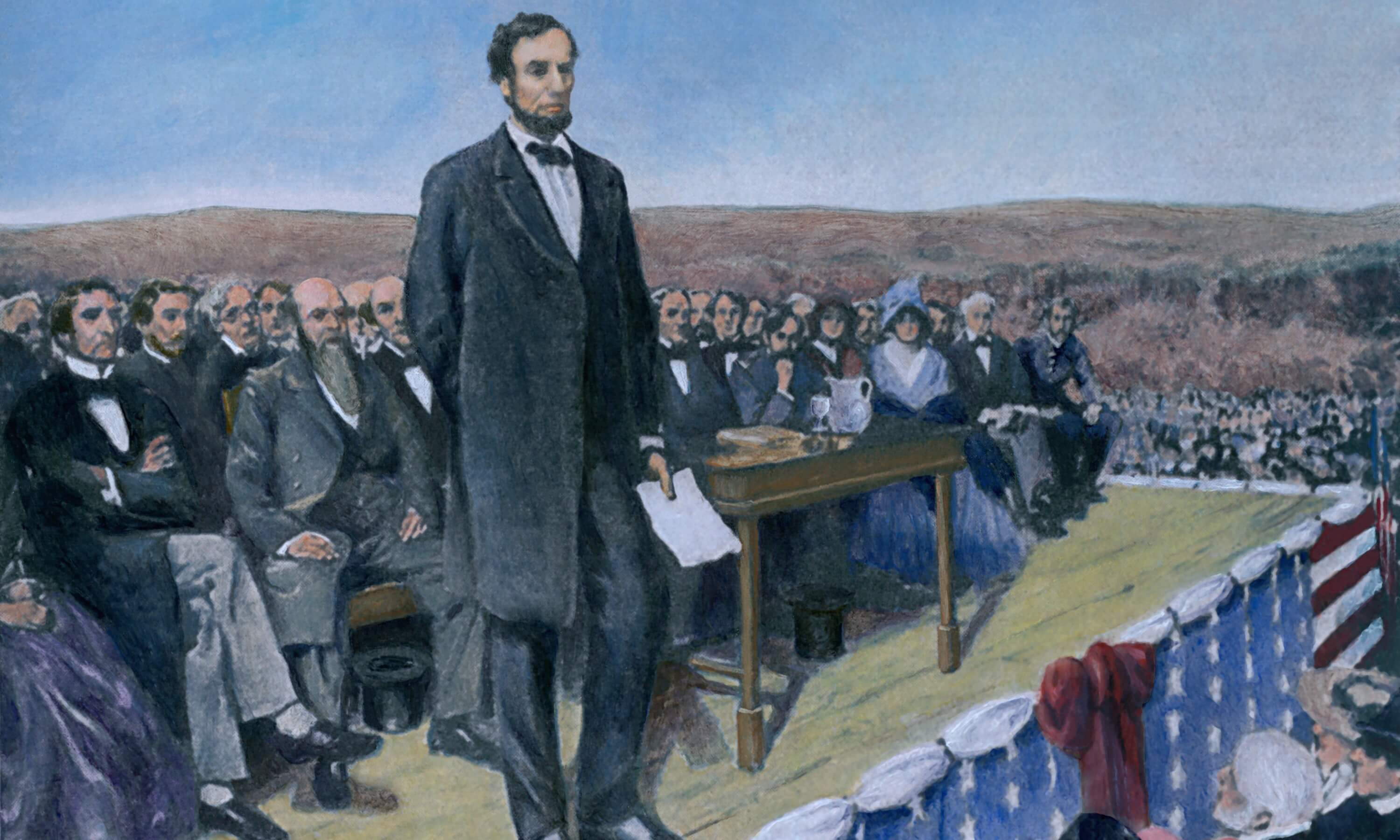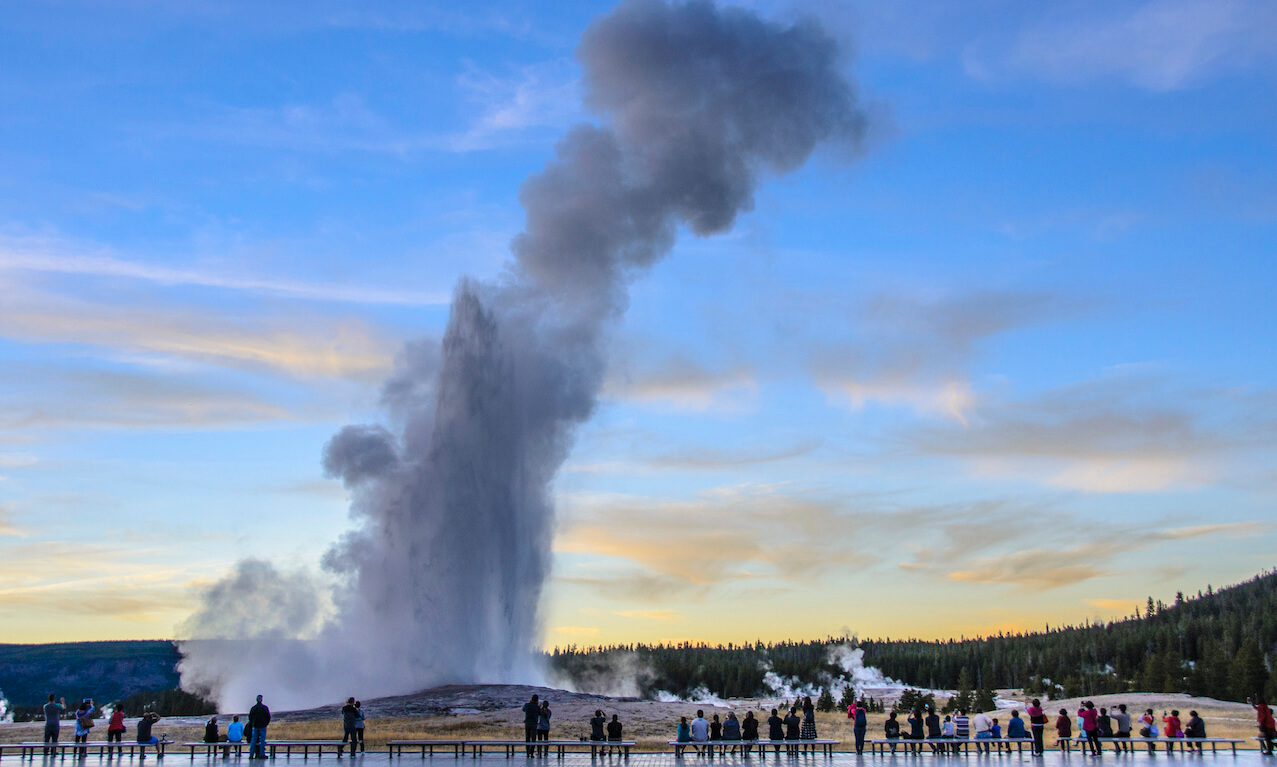The Words That Remade America
Source: The Atlantic
Garry Wills, journalist and historian, recounts the events surrounding the Gettysburg Address and argues that Lincoln’s words changed the way Americans viewed country’s founding documents.

Garry Wills, journalist and historian, recounts the events surrounding the Gettysburg Address and argues that Lincoln’s words changed the way Americans viewed country’s founding documents.

Writer and researcher Tom Winterbottom argues that the key to enjoying nature is to slow down.

In this summary of Kate Tempest’s career as a rapper and poet, critic Michael Hogan praises her work.

Code-switching, a means for assimilation, is at the forefront of a larger discussion about race and culture. Laughter, it seems, may be one of the traits people change to fit into the larger scheme of society.

What do you have in common with heroes in literature, movies, and television? It may be more than you think. Watch this short video to learn about the the hero’s journey myth.

Author Doug Sundheim was surprised when he realized his book, Taking Smart Risks, included far fewer stories about women. In this article he investigates how that happened.

Writer Hana Schank analyzes the lack of women who play chess and argues that it’s important for females to participate in male-dominated fields.

As our lives become ever fuller with individual commitments and distractions, it’s easy to let go of family traditions that might not seem as pressing. But what might we lose in the long run when we skip out on things that were once important enough to have become traditions?

If you really want to remember something, you take a picture of it. But a new study reveals that using that strategy may actually work against you: people remember more details about something if they don’t take a picture of it. NPR digs into the details and the implications.

This article profiles Elizabeth Packard, a woman forced into an insane asylum by her husband during the Civil War. After her release, she became a women’s rights activist who argued that the condition of women was similar to slavery.